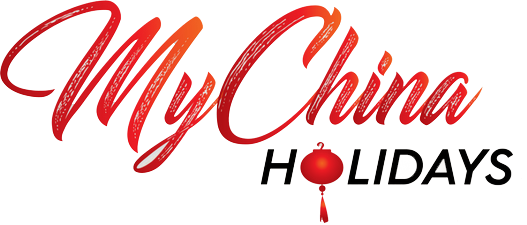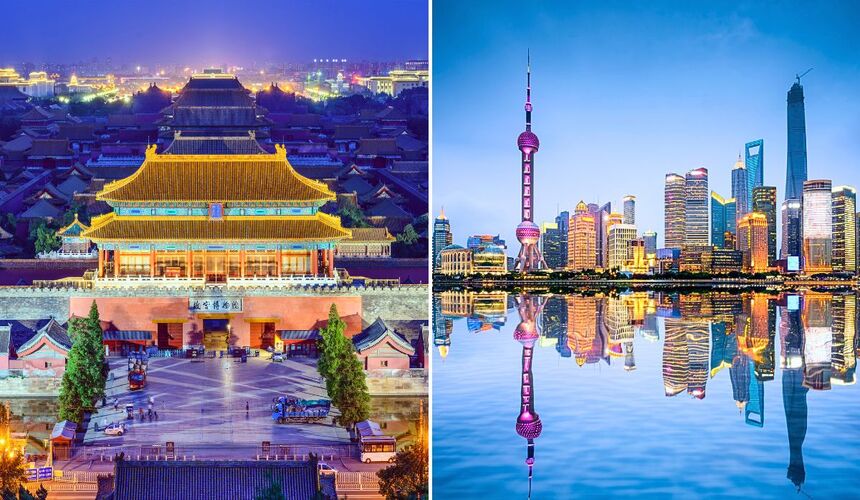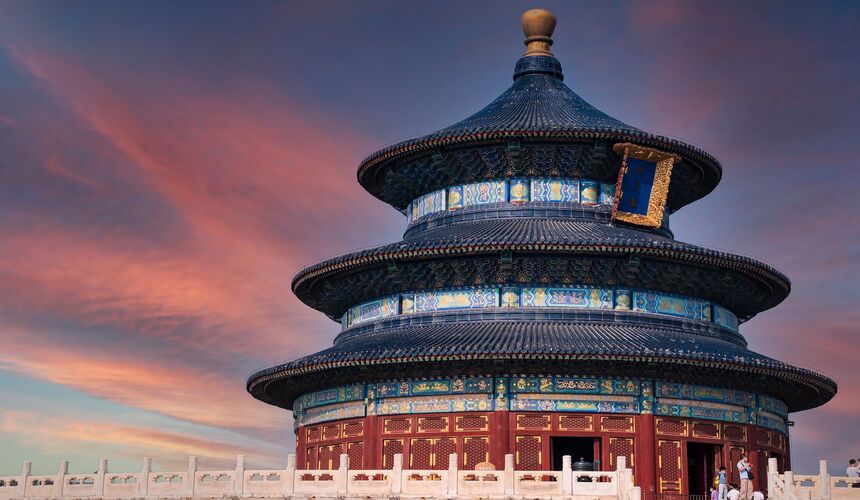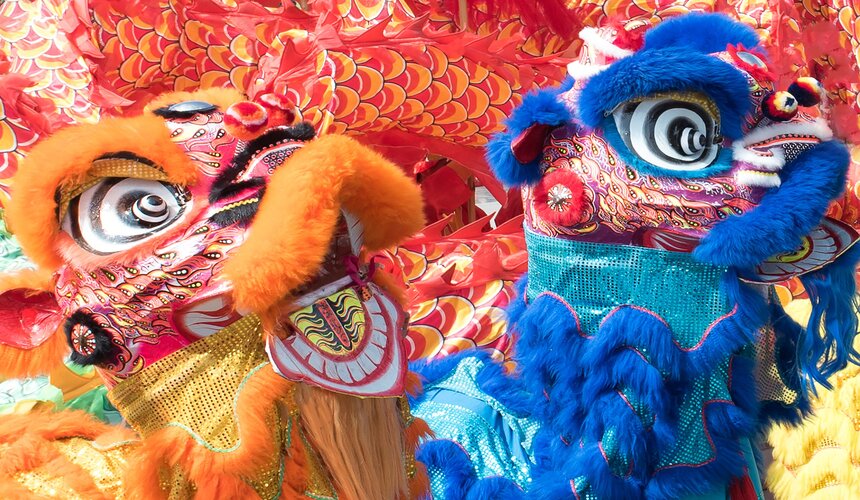
China Travel Guide: 20 Most Common Questions Answered for First-Time Visitors
Planning a first trip to China can feel overwhelming. A country so large and diverse often raises many questions before the journey even begins. From visas and safety to food and culture, travelers usually wonder what to expect. This guide was created to make travel preparation easier. The 20 most common questions asked by first-time visitors are answered here in one place. Practical tips and clear advice have been included to help every traveler feel more confident. By reading through this guide, confusion is reduced and excitement is increased.
🛂 Before You Go (Planning & Preparation)
1. Do I need a visa to visit China?
For most travelers, a visa is required before entering China. Applications are usually made through Chinese embassies or visa centers in the traveler’s home country. Processing time can take a few weeks, so early planning is advised. (Read More: How Long Does It Take to Get a Chinese Visa? )
However, some cities allow short visa-free transit stays. For example, travelers passing through Shanghai, Beijing, or Guangzhou may enjoy a stay of up to 72 or 144 hours without a visa. Conditions and eligible nationalities vary, so the latest rules should always be checked before departure. (Read More: China 240-Hour Visa-Free Transit Policy or China’s visa-free policy to 38 countries )
2. When is the best time to visit China?
The most pleasant times to visit are spring (April–May) and autumn (September–October). During these seasons, the weather is mild and skies are often clearer. Summer can be hot and humid in many regions, while winter is very cold in the north. Golden Week in early October is best avoided, since crowds and higher prices are common then. Planning outside major holidays usually provides a smoother travel experience. (Read More: Seasonal Guide and Travel Tips For China)
3. What vaccinations or health precautions should I consider?
Routine vaccinations should be up to date before traveling. In some cases, extra shots such as Hepatitis A, Hepatitis B, or Typhoid are recommended. Advice may differ depending on the traveler’s itinerary and health background. Carrying personal medication is important, as not all drugs are easily found in local pharmacies. Drinking bottled or boiled water is advised, since tap water is not allowed to be drunk directly. In addition, travel insurance is strongly recommended for health emergencies and peace of mind.
4. Is it safe to travel in China?
Overall, China is considered a safe country for visitors. Violent crime against foreigners is rare, and most trips are trouble-free. However, petty scams or overcharging in tourist areas do occur. Awareness of surroundings is always useful. Taxi apps can be used for fair pricing, and registered tour guides are safer choices than unofficial ones. Personal belongings should be kept close, especially in crowded places. With common sense, travel is usually safe and enjoyable. (Read More: Is It Dangerous to Travel to China?)
5. What’s the currency in China and how do I pay for things?
The official currency is the Renminbi (RMB), often called the yuan. Banknotes and coins are used, but mobile payments are more common in daily life. Apps such as WeChat Pay and Alipay are widely accepted, even in small shops or street markets. Foreign cards are not always supported, so some cash is still useful for taxis or small vendors. Exchanging money at airports, hotels, or banks is recommended, while unauthorized exchanges should be avoided. ( Read More: Payment guide in China )
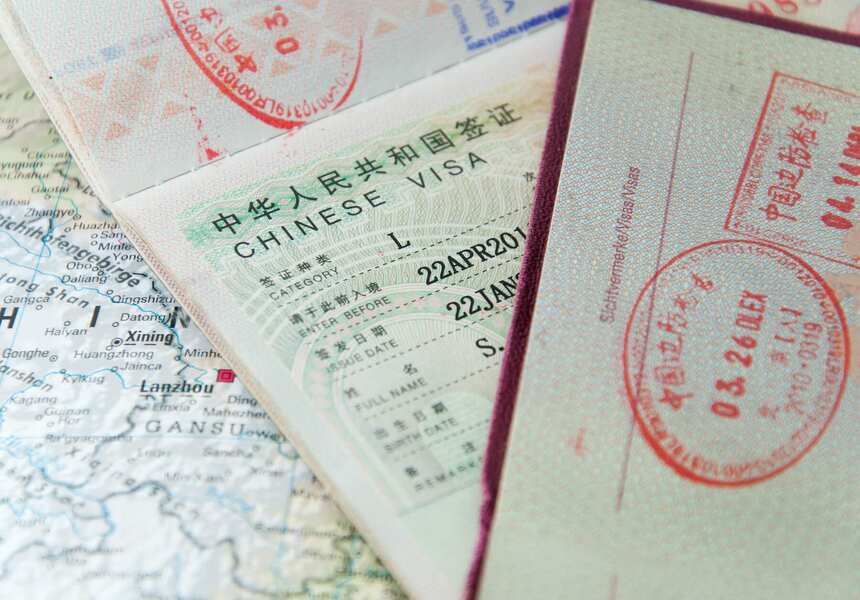
✈️ Travel Logistics
6. What’s the best way to get around China?
Travel across China is made easier with its modern transport system. High-speed trains connect major cities quickly and comfortably, often faster than flying when airport waiting times are included. For longer distances, domestic flights are widely available. Within cities, metro systems are efficient and inexpensive, while taxis or ride-hailing apps like Didi can be used for shorter trips. Choosing the right transport depends on distance, time, and budget. ( Read More: Guide for train travel in China )
7. Do I need to know Chinese to travel in China?
Knowledge of Chinese is not required, but it can make travel smoother. English is limited outside big cities, so translation apps are often needed. Simple phrases such as “thank you” or “hello” are helpful and appreciated. Hotel staff in tourist areas usually speak some English, but communication with taxi drivers or small shop owners may be harder. A translation app or printed address in Chinese characters is useful for such cases.
8. Can I use my phone and the internet freely in China?
Internet access in China is restricted by the Great Firewall. Websites such as Google, Facebook, Instagram, and WhatsApp cannot be reached without a VPN. Therefore, a reliable VPN should be downloaded before the trip. For mobile use, SIM cards and eSIMs are offered by local providers. They allow access to maps, apps, and messaging services. Having data makes travel easier, especially for navigation and communication. (Read More: 10 Apps you need for travel in China)
9. How do I stay connected for maps and apps in China?
Navigation can be managed through local apps or offline tools. Baidu Maps and Gaode Maps are popular within China, though they are mainly in Chinese. Offline maps such as Maps.me can be downloaded in advance. WeChat is also essential, not only for messaging but for payments, reservations, and even translation features. By setting up these apps, travel becomes far more convenient.
10. What power plugs are used in China?
The standard voltage in China is 220V with a frequency of 50Hz. Plugs usually have two flat pins or three angled pins. An international adapter should be carried to avoid charging problems. Most hotels provide outlets that fit different plug types, but preparation is always better. Sensitive electronics should be checked for compatibility with 220V before use.

🏯 Culture & Experiences
11. What are the must-see destinations in China?
China offers many world-famous destinations. In Beijing, landmarks such as the Great Wall and the Forbidden City should not be missed. Shanghai impresses visitors with modern skyscrapers and a lively Bund waterfront. Historic Xi’an is home to the Terracotta Army, while Chengdu is known for its giant pandas. For stunning landscapes, Guilin and Yangshuo provide breathtaking river and mountain scenery. Each region shows a different side of China’s culture and history. (Read More: Top Things to Do for First-Time Visitors )
12. What should I know about Chinese culture and etiquette?
Respect plays a central role in Chinese culture. Elders are usually greeted first, and showing politeness is highly valued. During meals, chopsticks should never be stuck upright into rice, as this resembles funeral traditions. Tipping is not a common practice in most places. In high-end hotels or tourist areas, it may be expected, but in local restaurants it is rarely required. By observing local customs, travelers often receive warmer hospitality. (Read More: Cultural Etiquette in China )
13. What is Chinese food really like?
Chinese food is much more varied than many expect. Each region has its own specialties, from spicy Sichuan dishes to delicate Cantonese dim sum. Street food is also popular, offering quick and flavorful snacks at affordable prices. Menus may not always include English translations. Therefore, pointing to photos or using a translation app can make ordering easier. Adventurous eaters are often rewarded with new and exciting flavors. ( Read More: 41 Chinese dishes you need to try )
14. How do I deal with the language barrier in restaurants or transport?
Communication challenges are common, but solutions are available. Photos of destinations or menu items can be shown to staff or taxi drivers. Translation apps also provide instant help, especially when menus are written only in Chinese. Hotel staff can prepare printed cards with Chinese addresses for taxi rides. By carrying these, misunderstandings are reduced and journeys become smoother. With small adjustments, the language barrier is far less stressful.
15. What festivals are worth experiencing?
Festivals provide a special way to see Chinese traditions. The Chinese New Year is the largest celebration, marked by fireworks, family gatherings, and colorful decorations. The Mid-Autumn Festival is famous for lanterns and mooncakes, while the Lantern Festival closes the New Year period with bright displays. By joining local celebrations, visitors gain deeper insight into Chinese life. Planning a trip around these festivals can make the experience even more memorable.
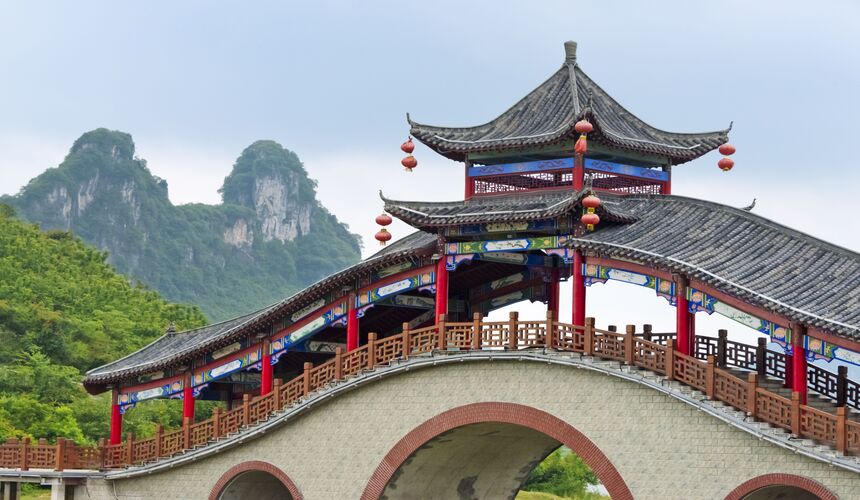
💡 Practical Tips
16. How much money should I budget for a trip to China?
The cost of traveling in China can vary widely. Budget travelers can spend around $30–50 per day, covering hostels, local meals, and public transport. Mid-range travelers usually spend between $70–150 daily for better hotels, guided tours, and more dining options. Luxury travelers may expect $200 or more per day, especially in big cities. International hotels, private drivers, and fine dining quickly raise expenses. By setting a clear budget in advance, costs are easier to manage.
17. Is tap water safe to drink in China?
Tap water in China is not safe for drinking. It should always be boiled or replaced with bottled water. Hotels often provide kettles or complimentary bottled water for guests. To avoid stomach issues, brushing teeth with bottled or boiled water is also recommended. Drinks with ice should be ordered carefully, since the water source may not be clean. By taking these steps, health risks are reduced.
18. What apps should I download before going to China?
A few apps make travel much easier. WeChat is essential for communication, social sharing, and even payments. Alipay is another popular app for mobile payments. For navigation, Baidu Maps is widely used, though offline apps such as Maps.me are also helpful. Didi is the main ride-hailing app, while Pleco provides accurate Chinese-English dictionary support. Downloading these apps before the trip saves time and stress. (Read More: 10 Apps you need for travel in China)
19. What souvenirs should I buy from China?
Traditional Chinese souvenirs are both beautiful and meaningful. Tea is a favorite choice, with green tea and oolong among the most popular varieties. Silk products, including scarves and clothing, are also highly valued. Other common souvenirs include porcelain, calligraphy sets, and local snacks. By choosing items with cultural significance, travelers bring home more than just gifts; they carry pieces of Chinese heritage.
20. What are the biggest mistakes first-time visitors make in China?
A common mistake is trying to see too many cities in a short time. Distances are often underestimated, and rushing can leave little time to enjoy each place. Another mistake is ignoring local customs, which may cause awkward moments. Underestimating the need for cash is also an issue, as mobile payments are not always accessible to foreign cards. With careful planning and cultural awareness, these mistakes can easily be avoided, allowing for a more enjoyable trip. ( Read More: 8 Best China All-Inclusive Tour Packages )
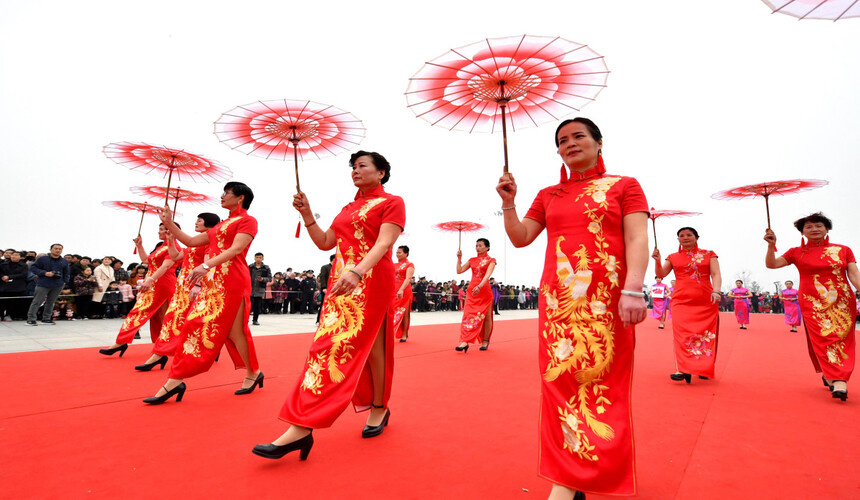
Traveling to China for the first time can feel challenging, but proper preparation makes the experience enjoyable and memorable. With answers to the 20 most common questions, confusion is reduced and confidence is increased. For personalized travel advice or assistance with planning your China trip, contact us directly. Support is available through WhatsApp at +86 187 2197 8867 or by email at [email protected]. Questions can be answered quickly, helping every trip go as smoothly as possible.
